Apr 12 – Gib Shipping Feature – Interview With Iñaki Echeverria
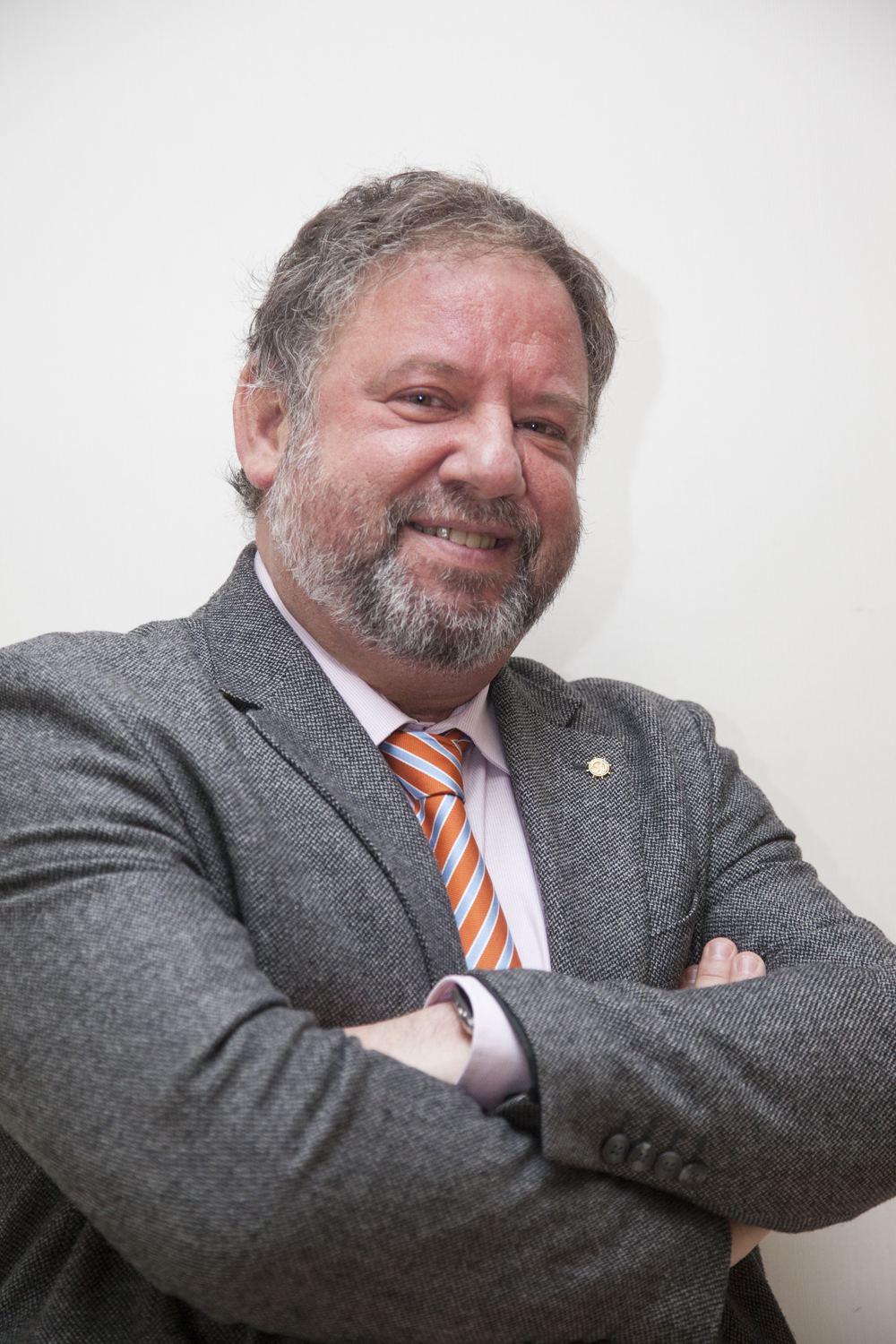 By Paul Gonzalez-Morgan
By Paul Gonzalez-Morgan
Iñaki Echeverria is the Country Head of Höegh Autoliners (Spain), one of the preferred carriers for the automotive industry and other Ro/Ro segments in selected trade areas across the Mediterranean region and North Africa. Iñaki's experience in the shipping industry dates back over 20 years – he talks to us about his commitment to deliver a top quality service whilst maintaining operational efficiency in the competitive shipping environment.
Please tell us about your responsibilities as Head of Iberia at Höegh Autoliners:
The Höegh Autoliners Madrid office covers all the Med area, including North Africa. Together with our agents, we support all Höegh Autoliners’ moves in and out of the countries in the region. In Spain, we regularly have calls at the ports of Barcelona, Gijon, Sagunto, Santander, Valencia and Vigo. We also serve Portugal, Italy, Slovenia, Greece, Turkey, Lebanon, Egypt, Tunis, Algeria and Morocco. From Madrid, my team and I, provide sales, pricing, customer service and documentation to customers in the area. Meanwhile, we also support the Head Office in Oslo (Norway), in regards to the vessels calling at the different ports and in contracting and controlling port services.
Höegh Autoliners is one of the main players within the Ro/Ro shipping sector. What makes your proposition special?
Being the smallest of the majors allows us to be more agile and bold. Together with professional, the three form the core of our company values, and create a foundation from which we work.
Being agile is a competence that we recognise as increasingly important in our business. As trade patterns and vehicle production patterns shift faster than before, having an organisation that is able to quickly cater for the new market demands is vital for giving our customers the service they expect.
Another aspect that is important for us is to be close to our customers. This is why we have either own offices or dedicated agents in all countries where we have a regular service, such as Spain. This way our customers will have the best of two worlds; a local contact point with knowledge about local market requirements and with the strength of a global network.
What services have a higher demand and why?
Traditionally by volume, the shipment of finished light vehicles is of course number one, but we are seeing an increased demand for the shipment of High and Heavy cargoes, not only in the form of trucks, buses or agricultural and construction machinery, but specially more and more static and project cargoes either loose or on Mafi trailers.
The evolution in recent years of the PCC vessel, Pure Car Carrier, into PCTC, Pure Car and Truck Carrier, has allowed us to cover a wider range of High and Heavy cargo, in a moment where the rapid expansion and growth of the container services are pushing more and more conventional carriers out of the market.
For example, we have lately taken delivery of six newbuildings on the New Horizon design. This is a new generation of PCTCs with many technical advancements. With a refined design, the New Horizon vessels are the world’s largest PCTCs by capacity and they allow us to carry cargoes up to 6,5 m. of height and 12 m. of width. Furthermore, the ramp is capable of handling up to 375 tons.
New design, new choices of materials and technological advancements also makes the New Horizon vessels emit less CO2 per unit transported than traditional PCTCs.
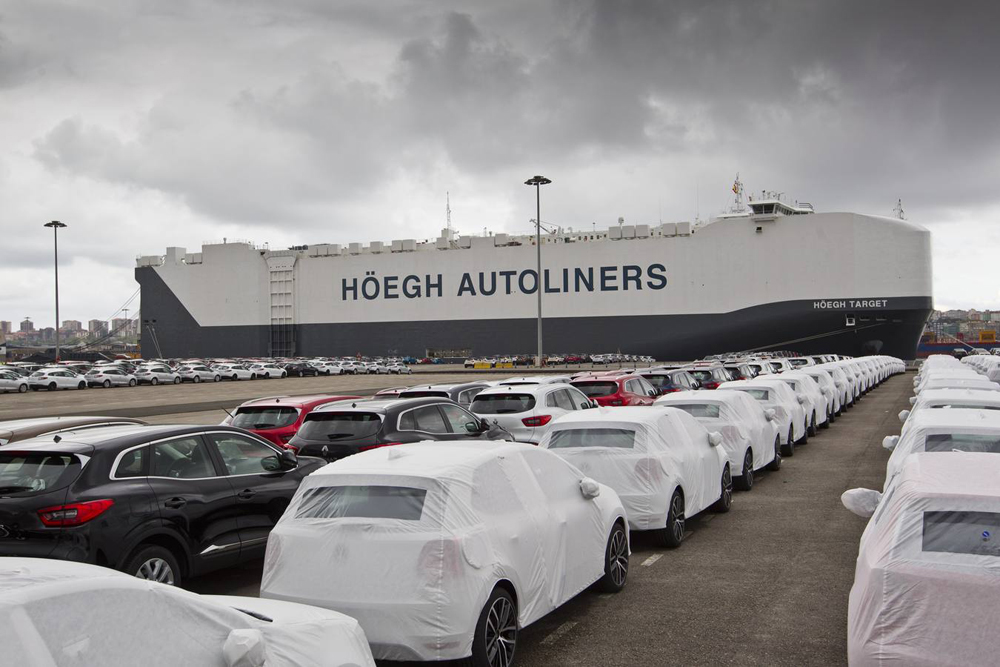
What is your greatest achievement to-date?
We are proud to have placed the Höegh Autoliners’ name in the Mediterranean area. When we started the company in Spain in 2008, most of the moves in the area where inbound from East Asia for car manufacturers, at the time for example we were just calling at three Spanish ports and had three monthly export services. Today we call regularly to six ports in Spain and offer up to nine monthly export sailings from Spain and have extended to also offering export sailings from Italy, Turkey or Morocco.
The Höegh Autoliners name is no longer something that the car manufacturers know, it is now known throughout our area amongst all the transportation and logistics community.
How important is training and development to your team?
The team is everything and you can only be as good as your team makes you. The company has an established development program starting with basic things such as IT training, and moving through sales and customer service courses, up to the final program preparing our future management through various levels. All of them include interaction with different teams in the company, being also an opportunity for team building and to strengthen relations across countries/areas. A very significant training for all of us is the anti-corruption program, which is firmly embedded in our company culture. All of this is complemented by external training, as required.
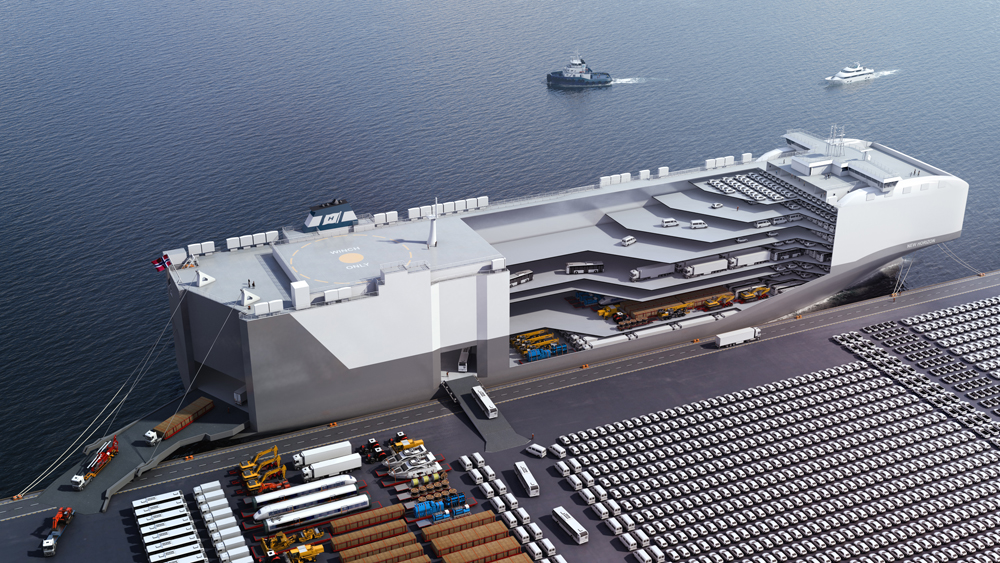
In your opinion, what are the current and future challenges for international shipping?
Shipping has gone through a so-called “commoditisation”, which has put freight rates under pressure over several years. With a current oversupply of vessels in the market and a weak global trade, the challenge in keeping rates at sustainable levels continues. However, this trend has also enabled us to review our processes and eliminate waste, as well as seeking new value propositions for our customers, so it is also driving change in the right direction.
Market prices can many times not support the businesses as they were, and we have to re-invent ourselves and streamline our operations to survive until the next day.
In the global market we also see the winds of protectionism blowing and whether these will stick around and what the outcome of them will be is difficult to say, but there is no doubt they are making it more challenging than ever to make long term forecasts.
Another development we expect are the increasingly strict emission and ballast water legislations that are due over the following years. In Höegh Autoliners we support international rules that pushes the industry to become more environmentally friendly but it will add considerable cost to operation in the years to come.
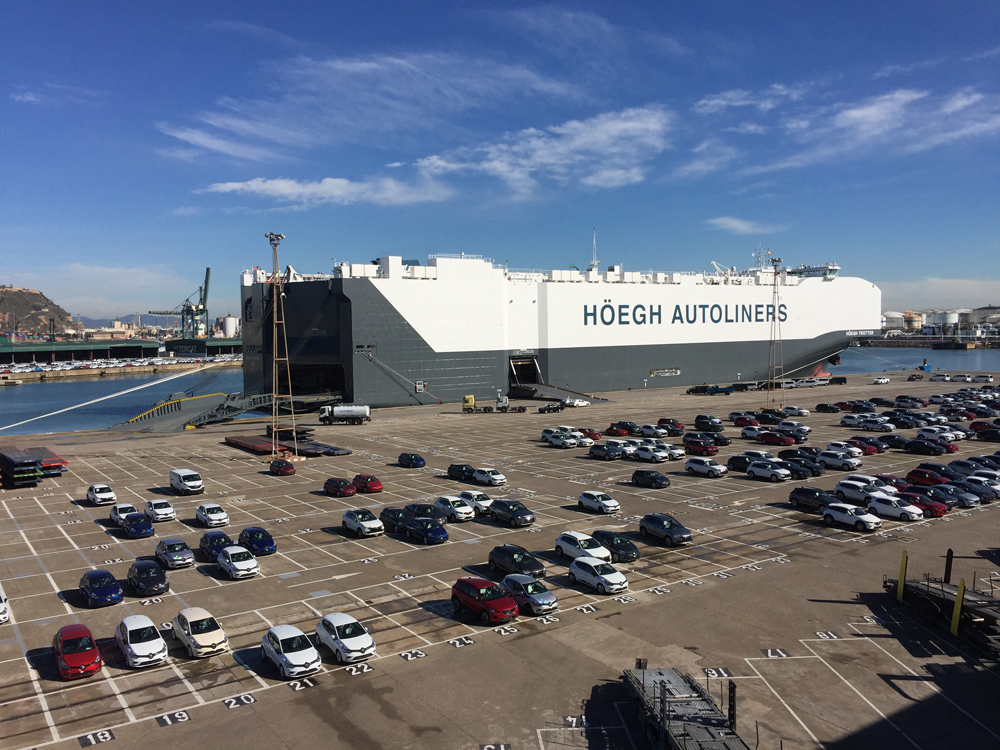
What role does "technology" have in your operations?
Technology is a must; modern shipping exists due to it. Information technology is used in everything from vessel operation to controlling the millions of cargo moves that we make, and transcend into all daily activities. Today we use technology even to decide which route our vessels follow in between two ports depending on the weather forecast, and technology ensures that our industry contributes to make international commerce sustainable by reducing CO2 or NOX emissions for example, but also by water treatment technologies which ensure we do not tamper with nature.
Your vessels are known for meeting the highest capacity standards and punctuality. How are your timetables planned and how do you ensure timekeeping?
We operate around 50 vessels worldwide at any given time across 12 global trades. Some of them are fixed in loop services, while others change from one to another service according to requirements. Our Capacity Management and Global Vessel Operation departments in Oslo Head Office, ensure that vessels are positioned according to the requirements of our customers, The Long Term Planning based in our customers’ forecast input is key in this and the Global Vessel Operators ensure that vessels adjust speed and ports to covers the needs. When vessels arrive to the loading/discharge areas the Regional Operations departments, together with the resources at the local offices and our good agents at the different ports work daily to ensure our schedule integrity.
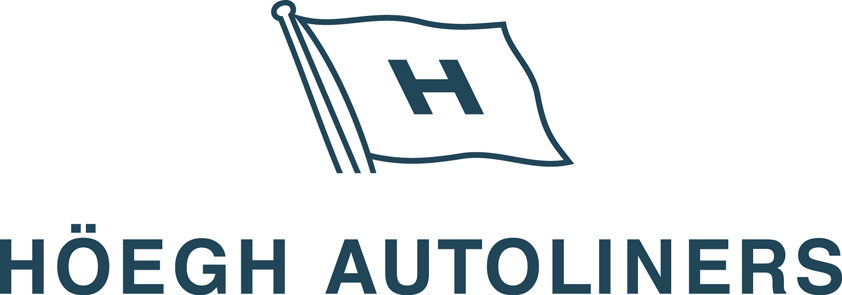
Please talk to us about your memorable shipping experience and your favourite ship:
Well probably my first one; my "shipping baptism". When I was 11 I was to travel to Great Britain during summer to learn and practice English at the home of one of my father's British colleagues. I had the opportunity to fly, but was offered the alternative to go by ship and I chose that.
The Aljar was less than 50 m. long and had a GRT of less than 500 tons, the crew was composed by two bridge "officers", two deck hands, two engine room mates and the cook, and in that trip they further had a ship's boy onboard...me. On the voyage to Rochester from Bilbao I was playing around as an "officer" passing my time and helping on the bridge, even standing guard as a lookout... but on the return trip I choose to be a deck hand, helping with scrapping, painting, lashing... everything... covered in dirt from head to toes. You should have seen the face of my mother when I entered the Port of Bilbao fore, giving a hand with the ropes, but you probably didn't want to see her face when she saw the state of my clothes when I returned...full of paint, grease stains, torn... most of it went straight to the trash rather than to the washing machine.
There are plenty of ships which I like but if I had to choose I would select a sailing boat, the Cutty Sark comes immediately to mind, but if you can choose why not a big beautiful four-masted topsail, steel-hulled barquetine with a historic name "Juan Sebastian Elcano", the training ship of the Spanish Navy.
For more news and features, visit: http://www.gibraltar-shipping.com

{fcomment}
Latest News
- Government Welcomes Constructive Meeting with Unions Today
- Legal Sector Engagement On AML/CFT/CPF Reinforced Through Cross-Sector Collaboration
- New Website And First Speakers Announced - Gibunco Gibraltar Literary Festival 2025
- Minister Feetham Welcomes Newly Recruited Tax Analysts
- The Dance Collective Debuts At Gibraltar National Dance Open
- Minister Cortes Visits St Martin’s Extension
- Gibraltar Youth Service Staff Engage In LGBTQ+ Inclusivity Training
- GTB Participates In The 66th Medcruise General Assembly In Cartagena
- Arsonist Jailed for Six Years
- Public Engagement on UK-EU Treaty Sees “Overwhelming Response”



